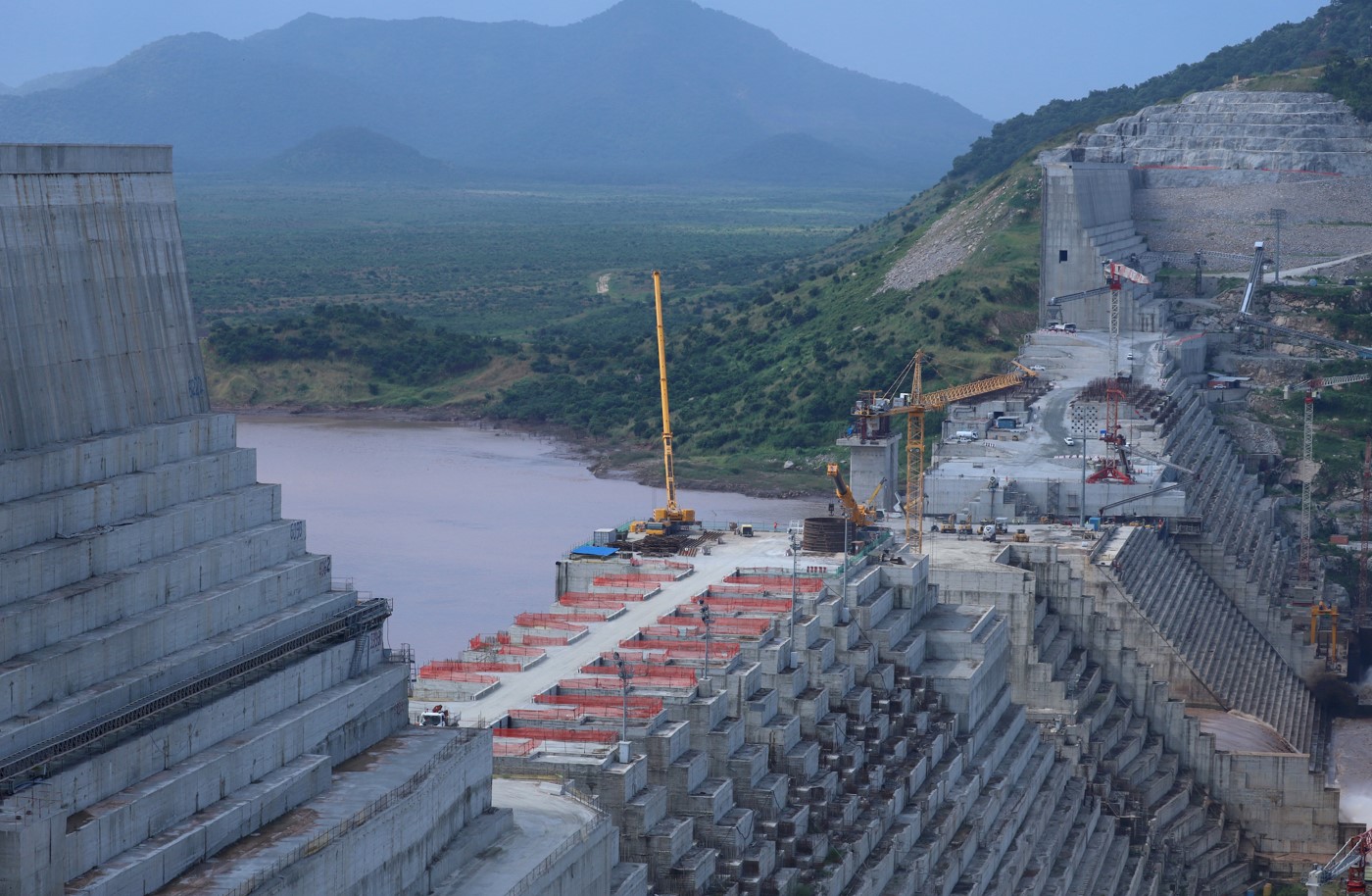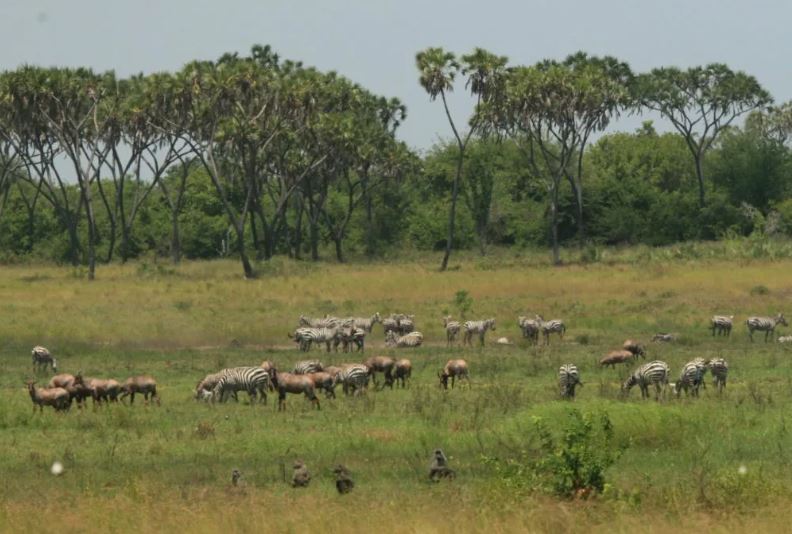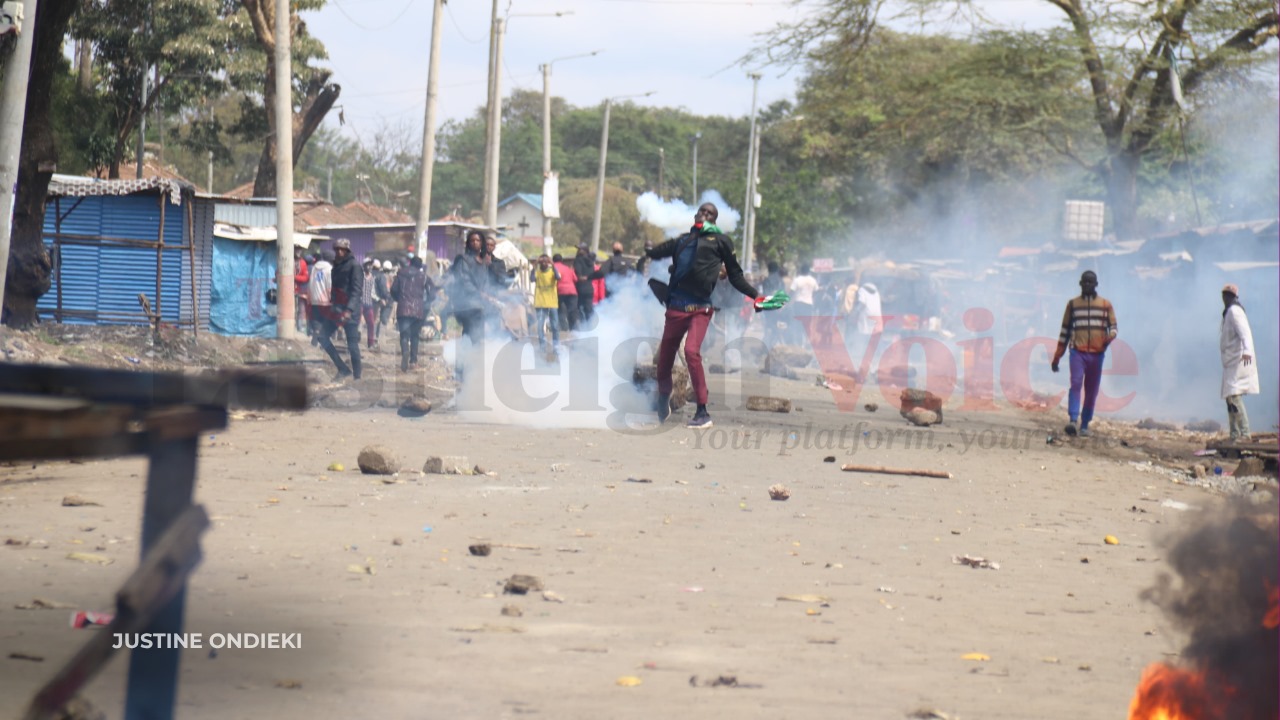Soaring temperatures scorch pilgrims on Hajj pilgrimage in Saudi Arabia
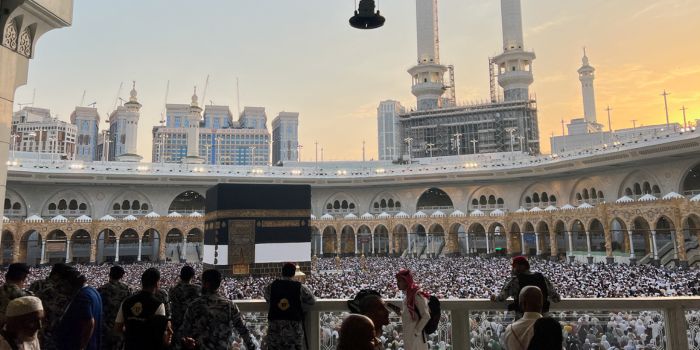
Stampedes, tent fires and other accidents have caused hundreds of deaths during Hajj in the past 30 years, forcing the Saudi government to build new infrastructure. The authorities now face new challenges in protecting pilgrims from extreme heat.
Throngs of tightly packed pilgrims struggled through searing heat, which has claimed lives during the annual Hajj pilgrimage, as temperatures reached 51.8 degrees Celsius (125.2 Fahrenheit) in the shade of the Grand Mosque in Mecca, Saudi state TV said on Monday.
Six Jordanian citizens died of heat stroke during Hajj, the Jordanian foreign ministry said. It later said the death toll had risen to 14 but it gave no reason for the subsequent deaths.
More To Read
- Sheikh Mohamed Umal urges Muslims to prioritise helping the poor over Mecca pilgrimage
- Heat wave kills more than 1,000 pilgrims in Saudi Arabia
- Tunisian president sacks minister after dozens die on Hajj pilgrimage
- Kenyan pilgrims raise concerns over poor Hajj services in Saudi Arabia
- Hajj 2024: Somalia committee evaluates pilgrim accommodation in Makkah as travel begins
- First group of Kenyan pilgrims departs for Hajj in Mecca
Eleven Iranians have died and 24 have been hospitalised during the pilgrimage, Iranian state news outlet IRINN said on Tuesday without giving the cause of death.
Three Senegalese citizens also died during Hajj, Agence de Presse Sénégalaise, said on Monday.
One hundred and thirty-six Indonesian citizens died during Hajj, three of them from heat stroke, according to an Indonesian health official, Le Monde reported on Monday.
Stampedes, tent fires and other accidents have caused hundreds of deaths during Hajj in the past 30 years, forcing the Saudi government to build new infrastructure. The authorities now face new challenges in protecting pilgrims from extreme heat.
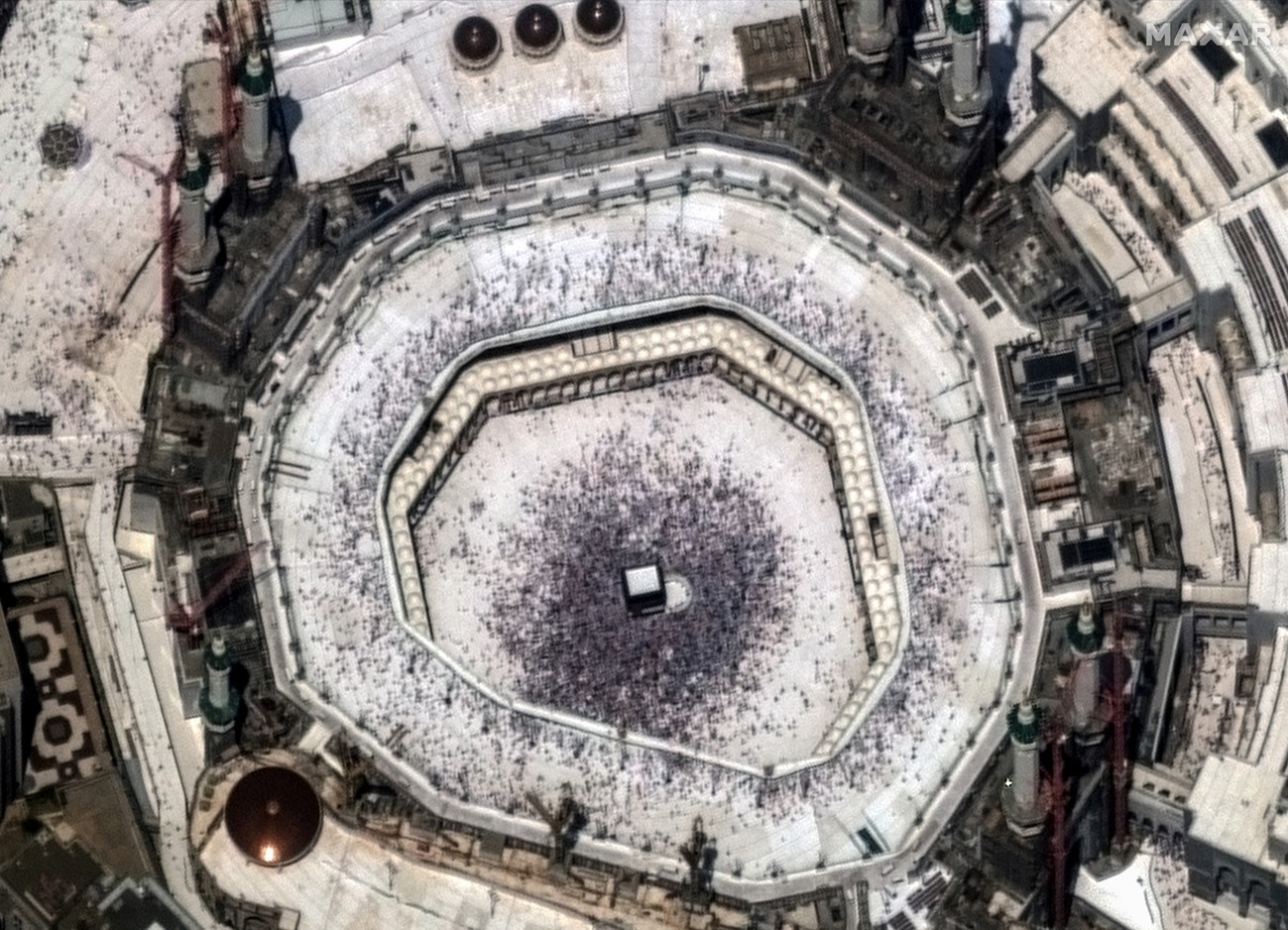 A satellite image shows an overview of worshipers around the Kaaba at the Grand Mosque during the annual Hajj pilgrimage, in Mecca, Saudi Arabia, June 16, 2024. (Photo: Maxar Technologies/Handout/REUTERS)
A satellite image shows an overview of worshipers around the Kaaba at the Grand Mosque during the annual Hajj pilgrimage, in Mecca, Saudi Arabia, June 16, 2024. (Photo: Maxar Technologies/Handout/REUTERS)
A 2024 study by the Journal of Travel and Medicine found that amid rising global temperatures, worsening heat may outpace mitigating strategies, while a 2019 study by the Geophysical Research Letters said that as temperatures rise in already arid Saudi Arabia due to climate change, pilgrims performing Hajj will face "extreme danger."
The Hajj is an annual pilgrimage that millions of Muslims make to Mecca with the intention of performing religious rites as taught by the Prophet Mohammad to his followers 14 centuries ago.
A Saudi health official told Reuters that the authorities did not notice any unusual deaths among Muslim pilgrims performing Hajj during extremely high temperatures.
"We haven't noticed, thank God, any abnormality or deviation from the normal numbers of morbidities and mortalities," Jameel Abualenain, head of the Health Ministry's emergencies directorate, said.
The ministry had so far treated more than 2,700 pilgrims who suffered from heat-related illnesses, he added.
"Hajj is a difficult task, so you have to exert efforts and perform the rituals even in the conditions of heat and crowding," an Egyptian pilgrim told Reuters on Sunday.
Pilgrims used umbrellas to protect themselves from the sun, while Saudi authorities have issued warnings to stay hydrated and avoid being outdoors during the hottest hours of the day between 11 a.m. (0800 GMT) and 3 p.m.
Hajj, one of the largest mass gatherings in the world, is a once-in-a-lifetime duty for every able-bodied Muslim who can afford it. It will end on Wednesday.
More than 1.8 million pilgrims were expected to take part this year, according to the Saudi General Authority for Statistics.
Top Stories Today




